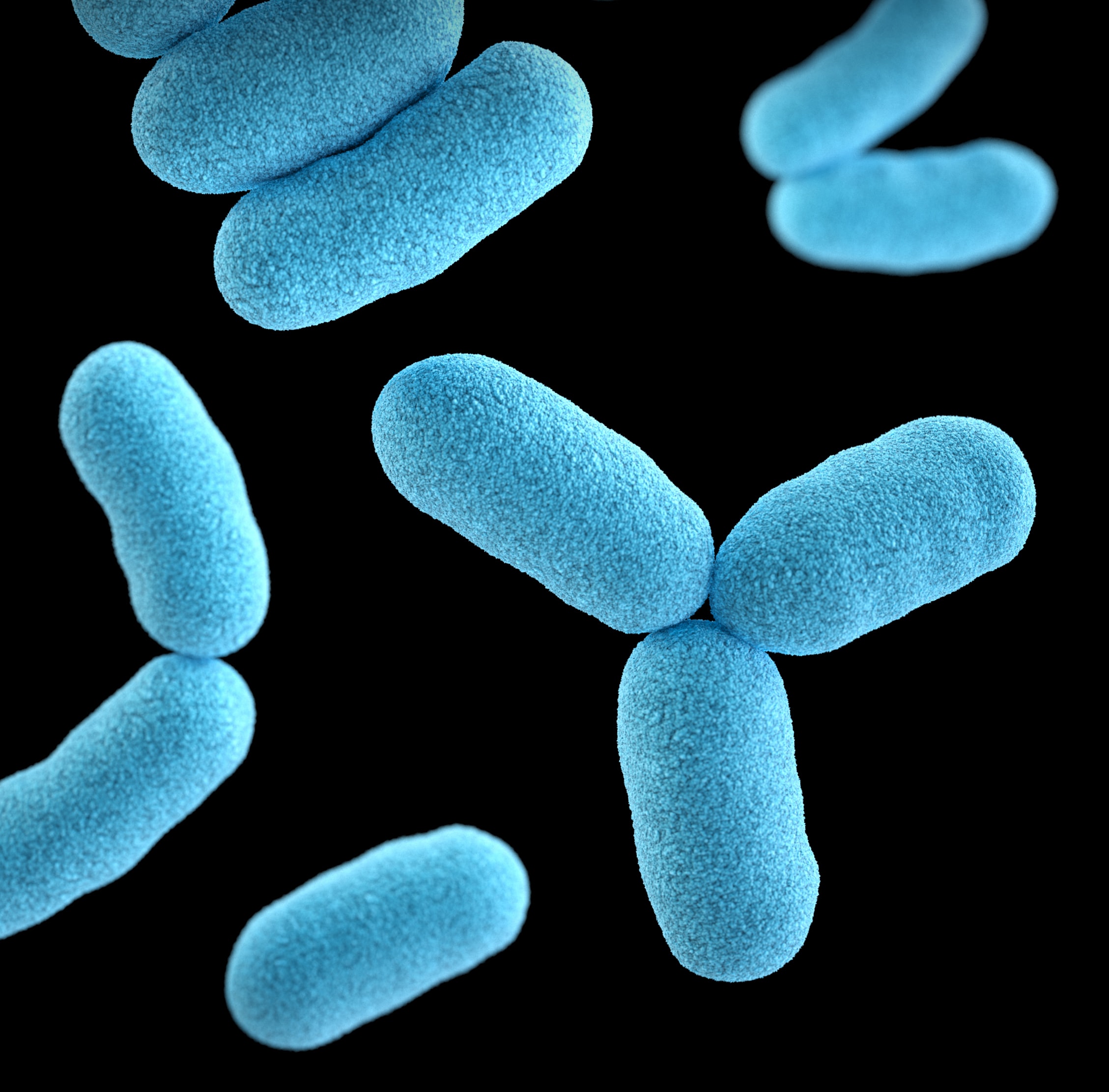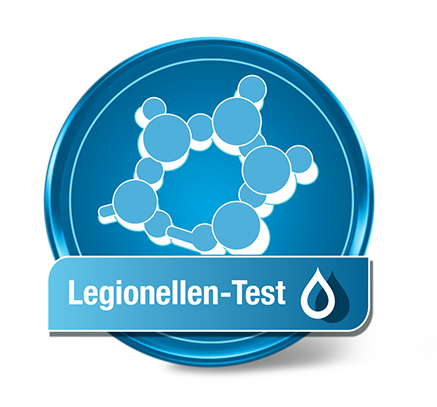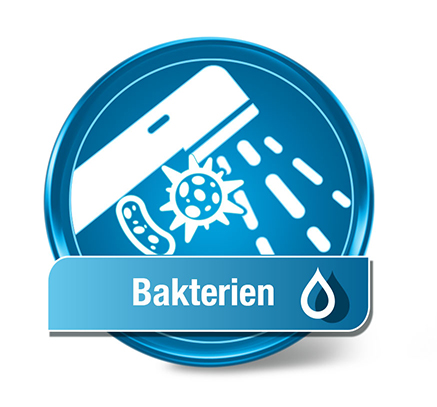Legionella – A Current Topic
 Image: Pixabay / CDC (public domain)
Image: Pixabay / CDC (public domain)
Rising Case Numbers and Media Reports
Annually, Legionella becomes a topic in the media. Currently, an SRF article has just been published again. The increase in cases is alarming, and the FOPH (Federal Office of Public Health) is also concerned. In September 2021, the WHO reported several deaths in Argentina.
What are Legionella?
Legionella are bacteria that can occur naturally in water. In small quantities, they are usually harmless. It only becomes critical at an elevated concentration – proven, for example, by a drinking water analysis. This analysis is legally required. In rental apartments, the responsibility lies with the landlord.
When is the Legionella value critical?
A limit value of over 100 CFU/100 ml (colony-forming units) is considered hazardous to health. If the value is only slightly elevated, simply heating the water is often sufficient. Legionella die at temperatures starting from approx. 60–70°C. Therefore: use hot water, especially when showering.
How can Legionella be prevented?
Complete prevention is not possible, but the minimization of risk is. The most important measure: regular water analyses and, if necessary, renovation of water pipes. Correctly set hot water tanks (≥60°C) are also crucial.
Special Caution for Risk Groups
Elderly people and immunocompromised individuals should be cautious: Legionella spread via aerosols, e.g., when showering. Here, shower filters can help. In case of very high contamination, showering should be avoided – medical advice is recommended.
Duties of Landlords and Property Managements
If limit values are exceeded, landlords and property managements must inform their tenants – for example, by notice or letter. In case of very high contamination, drinking water can be shut off and showering prohibited.
Professionally Analyze Legionella
With our Legionella test, we examine your water samples in an accredited laboratory. This way, you know if action is needed – quickly, reliably, and legally compliant.
SEO-Keywords (visible): Legionella drinking water Switzerland, buy Legionella test, hot water Legionella, drinking water analysis landlord duty, CFU Legionella, Legionella from shower, Legionella aerosols, Legionella prevention temperature, water analysis Legionella Switzerland
✔ E. coli, coliform bacteria
✔ Enterococci
✔ Risk of transmission during showering
✔ Causes Legionnaires' disease
✔ Focus on bacterial contamination
✔ For general drinking water, softeners



